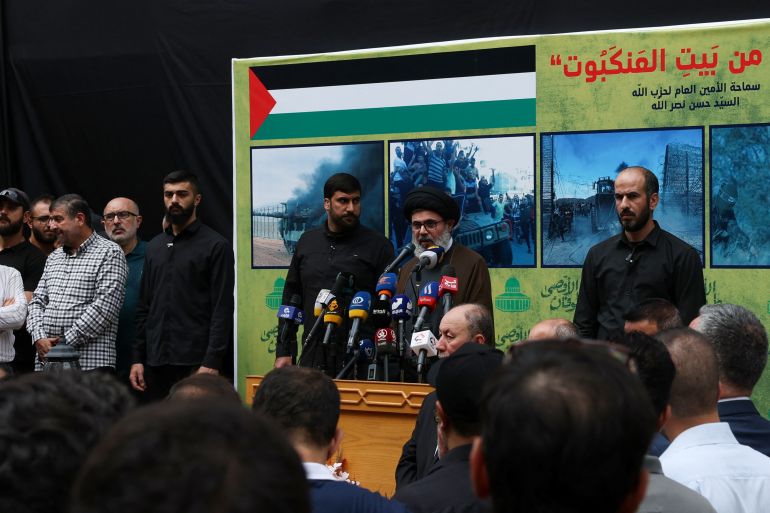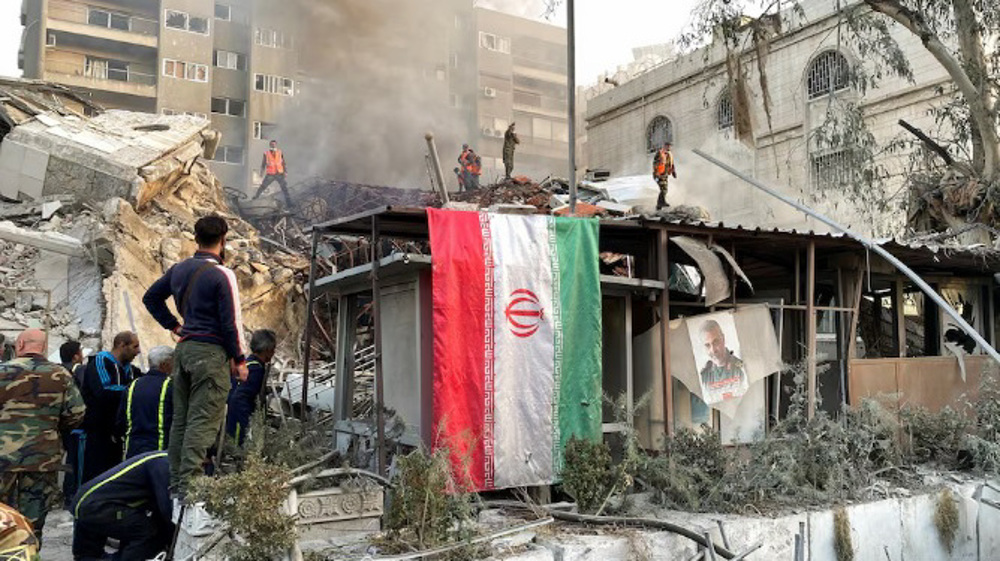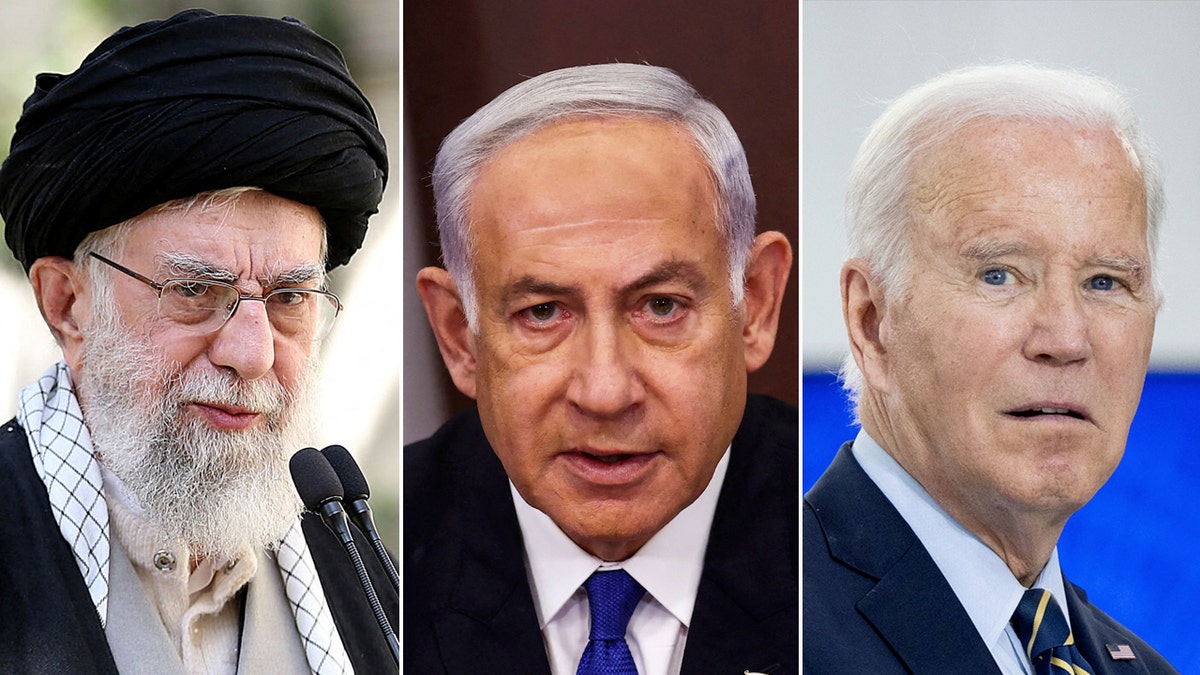
Three actors who are pleased with Iran’s strike on Israel: the Tehran regime, Joe Biden and Netanyahu as Iran's attack provided a lifeline for his government
Dr. Doğacan Başaran Exclusive — On Oct. 7, 2023, when intelligence received information that Israel would invade Gaza under some pretext, the Al-Qassam Brigades had already organized the Al-Aqsa Deluge Operation.
The success of the operation was in capturing individuals who would be used in a prisoner exchange when Israel attacked, as well as obtaining plans for the occupation of Tel Aviv’s military outposts.
Perhaps it was the seizure of these plans that prevented Israel from destroying the Palestinian resistance despite attacking Gaza for more than seven months.
So, what happened after Oct. 7?

Israel portrayed itself as a victim to the world, successfully obtaining the result of international indifference to its massacres. Over 33,000 Palestinians, mostly children and women, were killed by Israel in civilian areas such as hospitals, schools, mosques and synagogues that had been bombed for months.

Despite the massacres, the perception of Israel shifted over time, even with the unwavering support from the United States, enabling the Netanyahu administration to continue the genocide. People worldwide, from Japan to Canada, Italy to Yemen, Colombia to Senegal and Brazil to Germany, took to the streets with the slogan "Stop the genocide" and called for a cease-fire in Gaza.
Eventually, even the U.S. began to question its support for Israel. Comments emerged from the White House suggesting that an operation against Refah would be a mistake.
Furthermore, Israel faced trial in the International Court of Justice because of a genocide lawsuit filed by South Africa. War opposition began to grow within Israeli society, including among the families of prisoners, and protests demanding the resignation of Prime Minister Binyamin Netanyahu became a tangible reality in the country. However, the outcome of this process might once again portray Israel as a victimized country under attack, despite the repeated attacks it has carried out.
At least Tel Aviv will use Iran’s attacks for this purpose. Besides, the EU’s condemnation of Iran and U.S. President Joe Biden’s words about defending Israel with all means indicate this.
Netanyahu will probably convince the Israeli people to rally around him. In short, Iran became a lifeline for Israel. So, the question is: why did Iran strike Israel?

Iran has been a country under U.S. sanctions since the Islamic Revolution of 1979. Its fundamental rhetoric in foreign policy is based on its struggle against the "Great Satan" (the U.S.) and the "Little Satan" (Israel). This stance of Iran serves the interests of Israel and the U.S.
How so?
Let’s recall the Abraham Accords, which are the cornerstone of the normalization process between Arab countries and Israel. The main factor that pushed Arab countries to normalize relations with Israel during the process initiated by Donald Trump and continued by Joe Biden was the existence of the Iranian threat.
Thus, the existence of the Iranian threat opens the door for Israel to be seen as a legitimate state in the region. It also serves as the primary justification for the presence of the U.S. in the Middle East.

On the other hand, under the banner of the resistance axis, Iran implements its Shia expansionism through proxy forces it has established in various countries against Israel and the U.S. Shia militia forces in Iraq and Syria, Hezbollah in Lebanon and the Houthi Ansarullah Movement in Yemen are all being used by Iran as proxy actors.
So, in the Iran-Israel and Iran-U.S. confrontation, there is a win-win relationship.
The strategy for the U.S. and Israel is as follows: Facilitate Iranian expansionism, ally with countries that perceive Iran as a threat and sell them weapons.

However, Iran’s direct response to Israel by striking the Damascus Consulate on April 1 marks a historic first.
Previously, Tehran targeted Israel and the U.S. through proxy actors, but now it has taken the direct route.
This raises the question: "Will Israel retaliate?" Certainly, it is possible, as Netanyahu is in a tight spot, and escalating the crisis would strengthen Israel both domestically and internationally.
Moreover, escalating the crisis would reinforce the perception that Iran is standing up for the Palestinian cause, contributing to Tehran’s influence in the Islamic world. Again, there is a win-win situation.
However, if the crisis escalates into a war, it would result in a lose-lose relationship, something both sides would likely avoid.
Iran’s attack on Israel also demonstrates the preservation of this sensitivity. Iran targeted Israel with drones and ballistic missiles, but Iron Dome intercepted the attacks, and no Israelis were killed.
Furthermore, the anticipation of retaliation was announced through animated videos, reducing the element of surprise from the attack.

In a nutshell, we can mention three actors who are pleased with Iran’s strike on Israel: the Tehran regime, Netanyahu and Joe Biden. Tehran met the expectations of the Iranian public, while Netanyahu relieved his political pressures both domestically and internationally. The attacks became a lifeline for Netanyahu. Biden, on the other hand, gained arguments to continue his support for Israel.

Meanwhile, the massacres in Gaza continue. Perhaps unable to launch a ground operation against Refah because of international outcry for weeks, Israel may use this shift in perception to carry out major massacres in Rafah, the last refuge for 1.4 million civilians.
This would escalate the genocide in Gaza to a new stage.